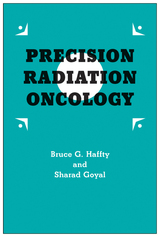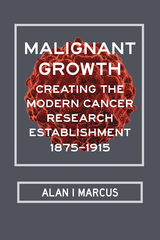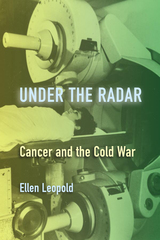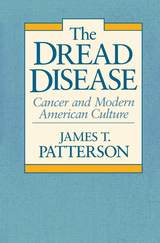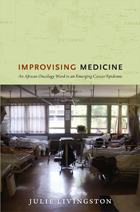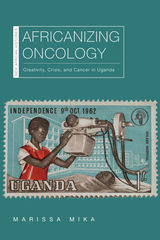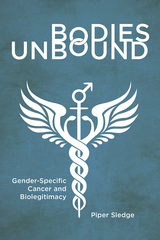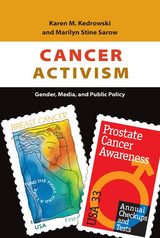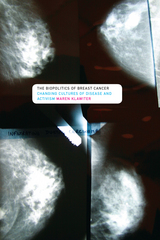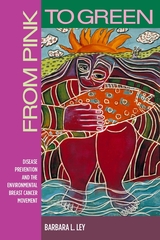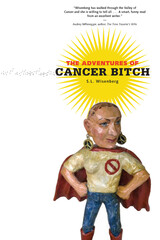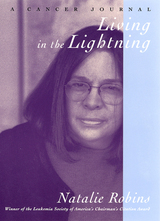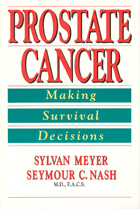Paper: 978-0-87840-851-1
Library of Congress Classification RC280.B8C394 2001
Dewey Decimal Classification 362.196994490097
Between 1990 and 1993, breast cancer activism became a significant political movement. The issue began to receive extensive media attention, and federal funding for breast cancer research jumped dramatically. Describing the origins of this surge in interest, Maureen Hogan Casamayou attributes it to the emergence of politically potent activism among breast cancer survivors and their supporters. Exploring the creation and development of the National Breast Cancer Coalition (NBCC), she shows how many of its key leaders were mobilized by their own traumatic experiences with the disease and its treatments.
Casamayou details the NBCC’s meteoric rise and impressive lobbying efforts, explaining how—in contrast to grassroots movements founded by dedicated individuals—the coalition grew from the simultaneous efforts of a network of women who invested their time, energy, money, and professional skills in the fight for increased funding for breast cancer research. This multiple leadership—or collective entrepreneurialism, says Casamayou—was crucial to the NBCC’s success framing the issue in the minds of the public and policymakers alike.
See other books on: Breast | Breast Cancer | Cancer | Casamayou, Maureen Hogan | Health Policy
See other titles from Georgetown University Press



